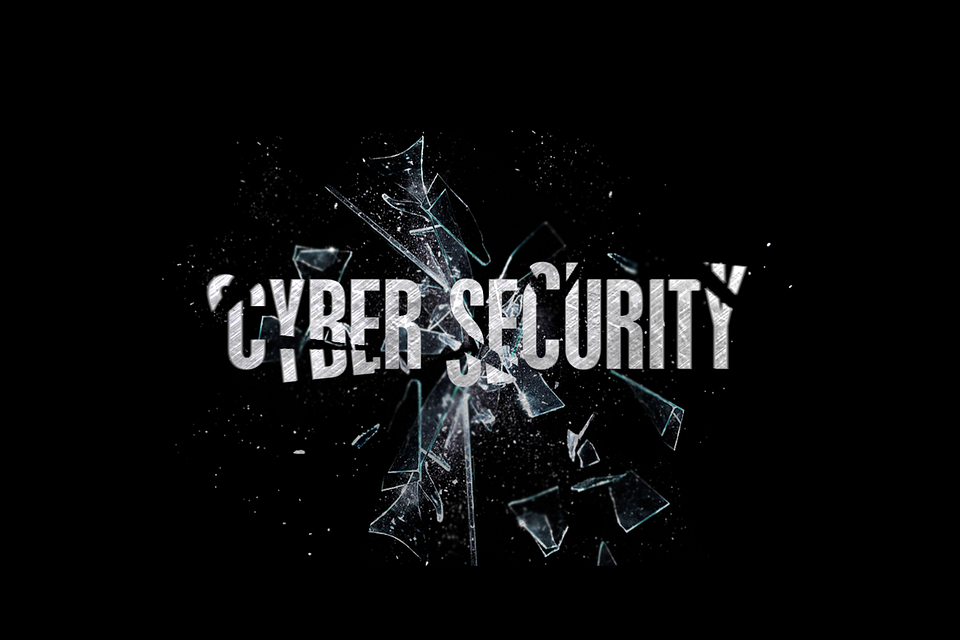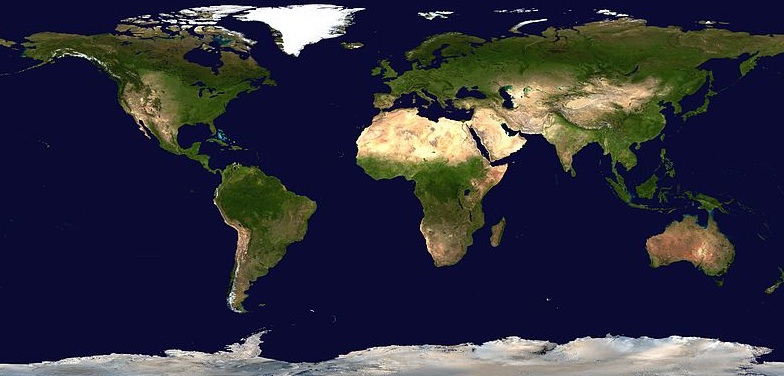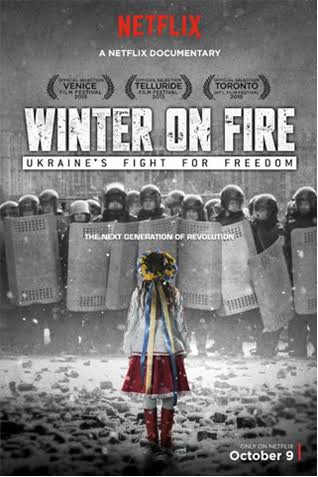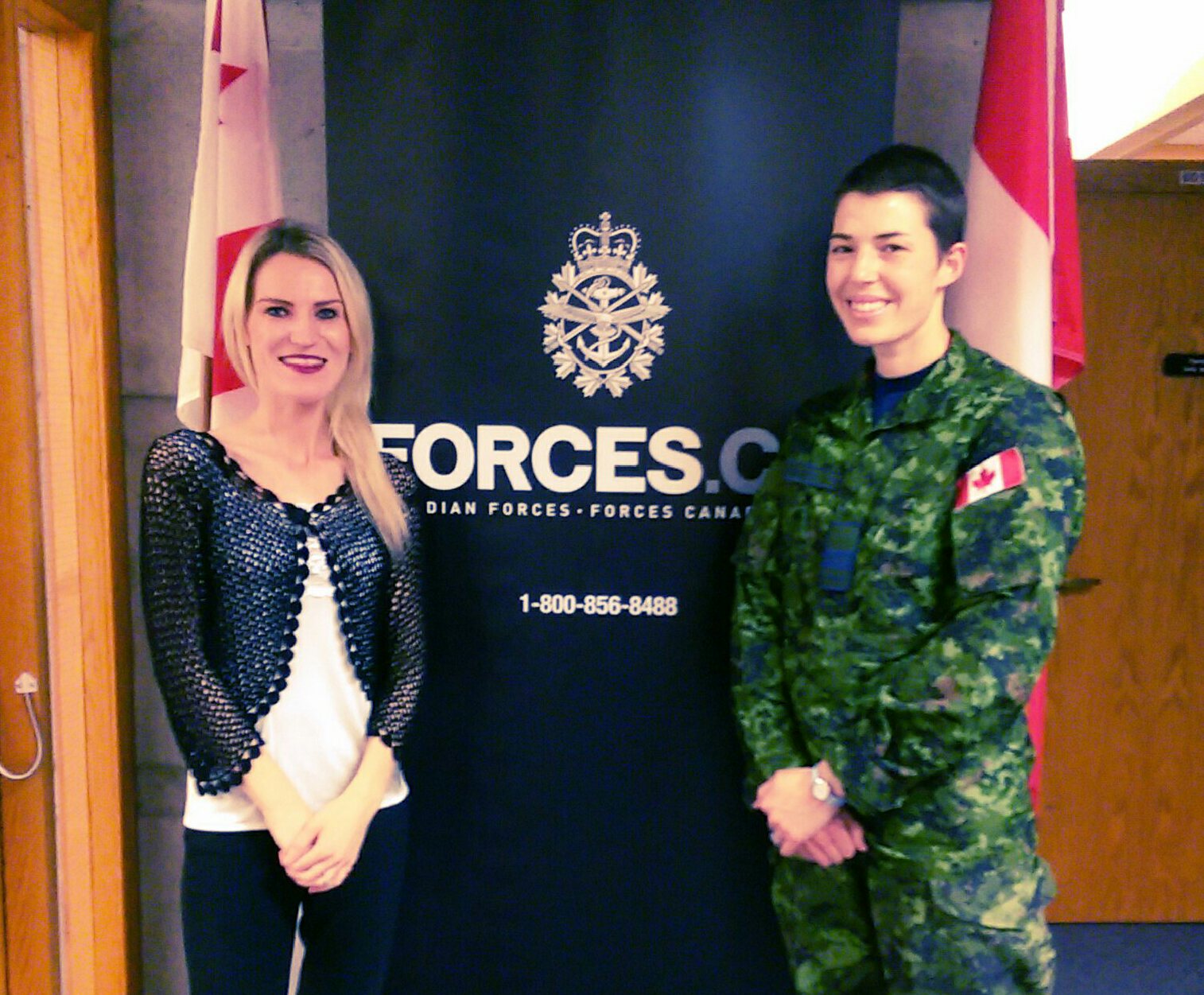In a world where nearly all government agencies and corporations operate online, cybersecurity is of utmost pertinence, especially as large-scale hacks are increasingly common. How does this relate to Canada? Many countries in NATO are reporting cyberattacks or hacking spyware in their databases. It is totally feasible that Canada could be impacted by a cyberattack, especially when our government is involved in a variety of international issues, such as the war in Syria and the fight for control of the Arctic.
There are many pressing national security issues facing Canada today, so why is cybersecurity most important? A cyberattack gives whoever is on the other side of the computer access to powerful information with many uses. The other party who gets this information has the power to create an additional security crisis, such as bombing using classified security codes, stealing military intelligence to attack our troops abroad, or even by selling it to another organization, such as a government or terrorist group.
The fact that Canada’s allies are encountering cybersecurity threats demonstrates our need to make digital safety a priority. The US has faced many virus attacks, such as the Chinese hacking of the US Office of Personnel Management in 2015, resulting in the theft of personal information of over 21 million government employees. As well, British M15 director Andrew Parker told the Guardian that Russia is a major perpetrator in cybersecurity attacks, and the targets of such attacks, “include military secrets, industrial projects, and government foreign policy.” The threats of cyberattacks have even been recognized by CSIS Director Michel Coulombe, who described them as “a major threat to critical infrastructure”.
In summation, not only should Canada take proactive measures to ensure our nation’s safety, but also to fulfill our duty as a member of NATO, taking action when the security of one of its member countries is at risk.
Photo: Cybersecurity (2016), via Pixabay. Licensed Under CC0 1.0.
Disclaimer: Any views or opinions expressed in articles are solely those of the authors and do not necessarily represent the views of the NATO Association of Canada.




